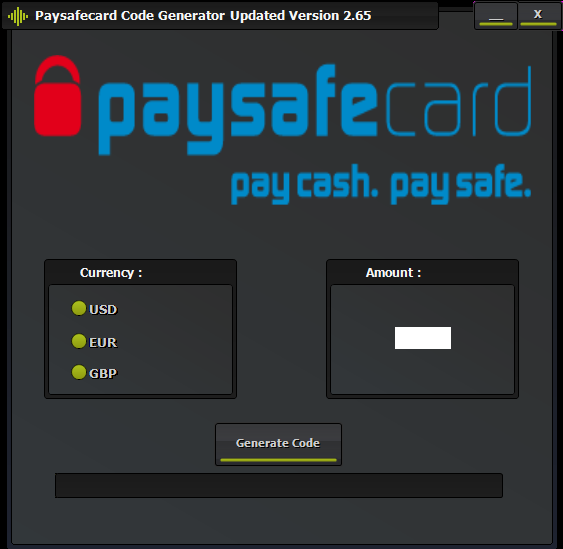
The key is to choose an encryption scheme that’s easy enough to undo so that you won’t look too strange when asked to type the PIN in at the bank teller’s window. Instead of needing to remember a four-digit number for each new card, you’ll just need one four-digit number forever. So first the solution to the bank card problem: write your PIN encrypted with a secret that only you know. (And none of them will shock you!) But in the end, my PIN encryption solution will break one of the three, and remain nonetheless sound. Along the way, I list the three things you can do wrong when implementing an OTP. The second half dives into the one-time pad with some deep crypto intuition, some friendly math, and hopefully a convincing argument that writing down your encrypted PINs is the right thing to do. The first part of this article appears to be the friendly “life-hack” pablum that you’ll get elsewhere, but don’t despair, it’s also a back-door introduction to the OTP. The tradeoff is a “long” key, but an OTP is absolutely perfect for encrypting your PINs. If you’ve ever tried to code up the s-boxes and all that adding, shifting, and mixing that goes on with a normal encryption method, OTPs are refreshingly simple. They’re meant to be decrypted in your head, but as long as the secret key remains safe, they’re rock solid.

The OTP is an odd duck among encryption methods. How would a hacker handle it? Write each number down on the card itself, but encrypted, naturally, with the only unbreakable encryption scheme there is out there: the one-time pad (OTP). We all know how that ends, right? A lost wallet and multiple empty bank accounts. How would a normal person cope with a proliferation of PINs? They’d write down the numbers on a piece of paper and keep it in their wallet.

I probably used it eight times in five years, and then they gave me a new card with a new PIN.

The worst, for me, is a bank card for a business account that I use once in a blue moon. If you have more than a few bank cards, door-entry keycodes, or other small numeric passwords to remember, it eventually gets to be a hassle.


 0 kommentar(er)
0 kommentar(er)
